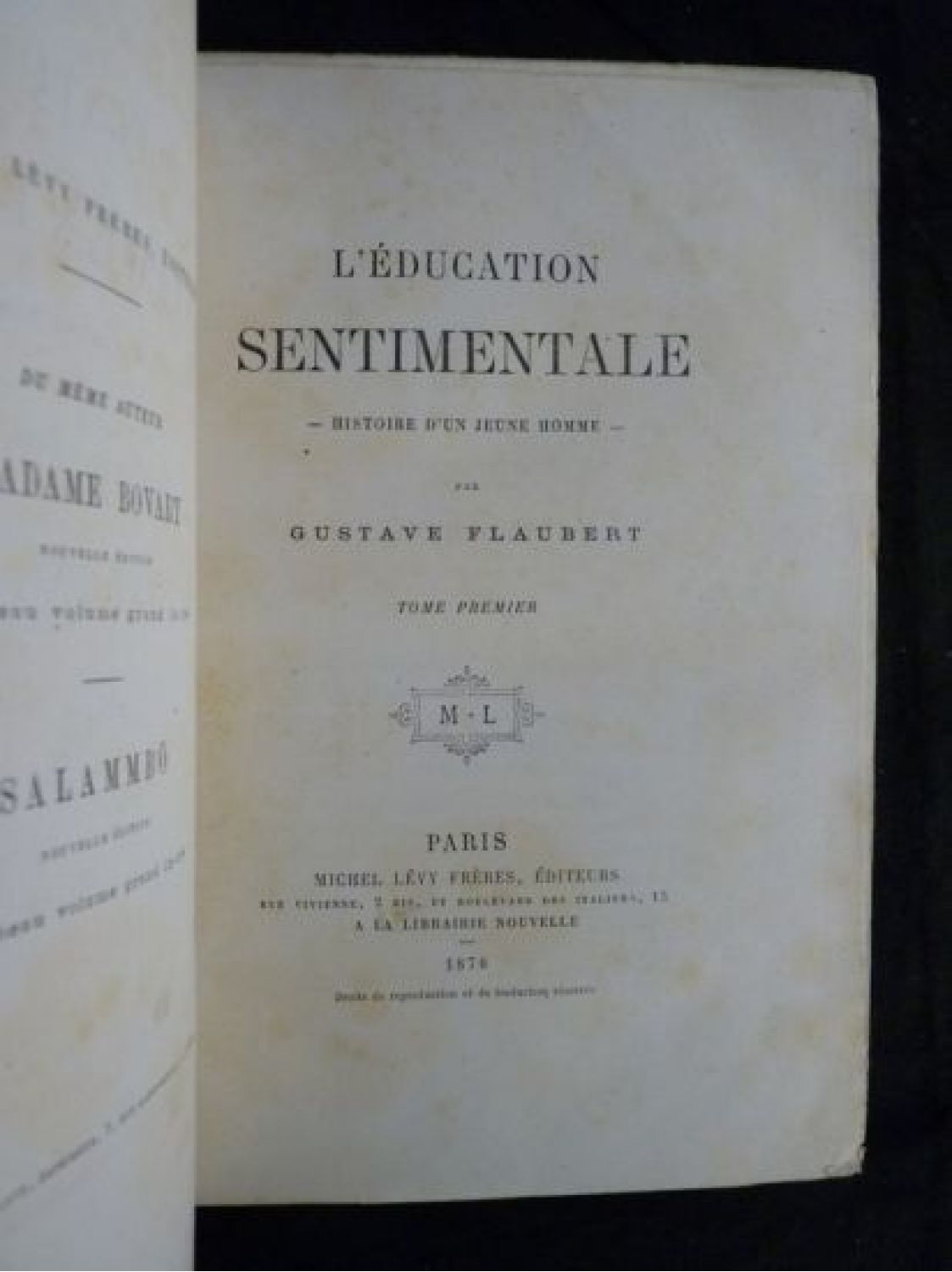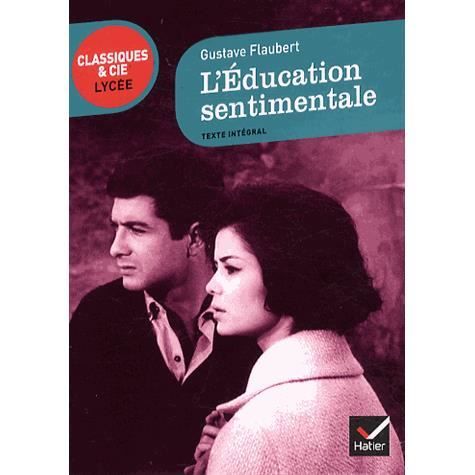

“Those who begin coercive elimination of dissent soon find themselves exterminating dissenters.” We should trust that patriotism will flourish even if expressions of patriotism are voluntary and spontaneous, instead of compulsory. 586 (1940) gave States the authority to compel participation in the flag salute, that case is overruled.įurther, compulsory expressions of patriotism do not achieve national unity. To the extent that the Court’s decision in Minersville School District v. To begin, the freedom to not participate in the flag salute does not infringe on any other person’s right to participate. Some children of the Jehovah’s Witness faith had already been expelled and their parents threatened with prosecution for refusal to engage in the salute and pledge. West Virginians brought suit in federal District Court to enjoin enforcement of the resolution against Jehovah’s Witnesses, who believe that they cannot put any “image,” like the American flag, over God. Failure to conform to the resolution meant expulsion from school for the student, and possible prosecution for the student’s parents for encouraging the student to not go to school. In 1942, the West Virginia Board of Education adopted a resolution, ordering that all students in West Virginia public schools salute the flag and recite the pledge of allegiance at school. Supreme Court affirmed the District Court, holding that the First Amendment protects a student’s choice not to salute the flag if it is contrary to the student’s religious beliefs.

The District Court enjoined enforcement of the regulation requiring the flag salute.The children’s parents faced criminal prosecution. Children in a family of Jehovah’s Witnesses refused to salute the flag and recite the pledge.

Violation of that rule could result in prosecution of a non-complying student’s parents.


 0 kommentar(er)
0 kommentar(er)
